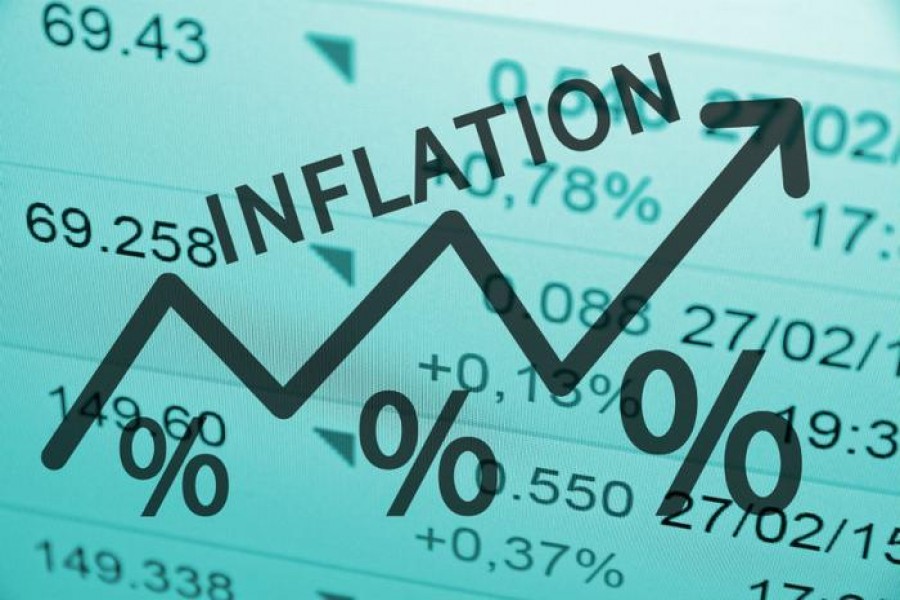
Published :
Updated :

Planning Minister MA Mannan's candid admission that inflation has become unbearable and he feels embarrassed because belying his projection he made last month that it would decline in May, it has turned 11-year high. Both print and electronic media have long been presenting a bleak and traumatic picture of the poor and marginal and even people with fixed income belonging to the lower middle and middle classes. Inflation has been pervasive notwithstanding its rate as determined by the Bangladesh Bureau of Statistics (BBS), which unfortunately was taken with a grain of salt until it started applying UN-approved Classification of Individual Consumption by Purpose (COICOP) to measure inflation from May last. So the 9.94 per cent inflation ---at its highest in 11 years ---last month is an outcome of the new method. It just falls short of the highest 10.92 per cent in the fiscal year 2010-11 and this pulls the average inflation of 11 months of the current fiscal to 8.95 per cent ---far above the budgetary target.
Now the question is if this was inevitable and there is any possibility of reining in the galloping horse of inflation. One customary official contention is that Bangladesh suffers the fallouts of Russo-Ukraine war and remedying the inflationary problem is beyond its reach. Is this argument tenable? True, for the first few months of the war that began on February 24, 2022, the impact was telling not only for Bangladesh but also for countries around the world. Coming on the heels of post-Covid recessionary period and soaring prices of energy in the global market, the war had tumultuously disrupted international supply chain of commodities including foods and energy. But for months the energy prices have slumped and inflation around the world has eased to tolerable levels.
A former economist of the World Bank's Dhaka office refutes the official litany of accusations against the Ukraine war by citing the examples of decline in inflation for some major and not so large economies. May's inflation dipped to its lowest level in Eurozone since the war in Ukraine began. The US inflation fell sharply to 4.9 per cent in April from 9.1 per cent in June 2022 and is unlikely to go beyond 5.0 per cent, if not drops further in May. The decline in India's inflation was to 4.7 per cent ---an 18-month low ---with indication of further fall in May. Turkey, Thailand, China and Vietnam all witnessed record fall in inflation rates in months or years.
Clearly, something has gone seriously wrong with fiscal management here. In a country where both food and other consumer goods record outrageous price hikes within weeks thanks to business syndicates and the authorities continue to procrastinate over its move to arrest the trend, much of the inflation is a manufactured one. This falls in neither of the three broad categories --- demand-pull, cost-push and built-in --- of inflation. The latest case of price hike of onion illustrates this fact. By the time the authorities come to act, the syndicates have unethically fattened their coffers with billions of taka. It happened in case of cooking oil and sugar and now happening with spices well before Eid-ul-Adha. Also the government's big borrowing from banks, particularly the central bank, has only fuelled inflation further with supply of artificial money in the market. All this has disastrously impacted the lives of the low-income people who have been forced to cut on food intake and other consumer goods, debilitating the whole economy.


 For all latest news, follow The Financial Express Google News channel.
For all latest news, follow The Financial Express Google News channel.